Sometimes, it feels as though the world is changing faster than it ever has before. From electric vehicles to wind farms, solar farms, and faux meat, many of these changes are based on the immediate need to save the planet for future generations.
However, some worry that these changes are not all positive. There are many who say that giant solar farms, specifically in the small nation of Great Britain, will actually cause more harm than they will good.
The Benefits of Solar Power Farms
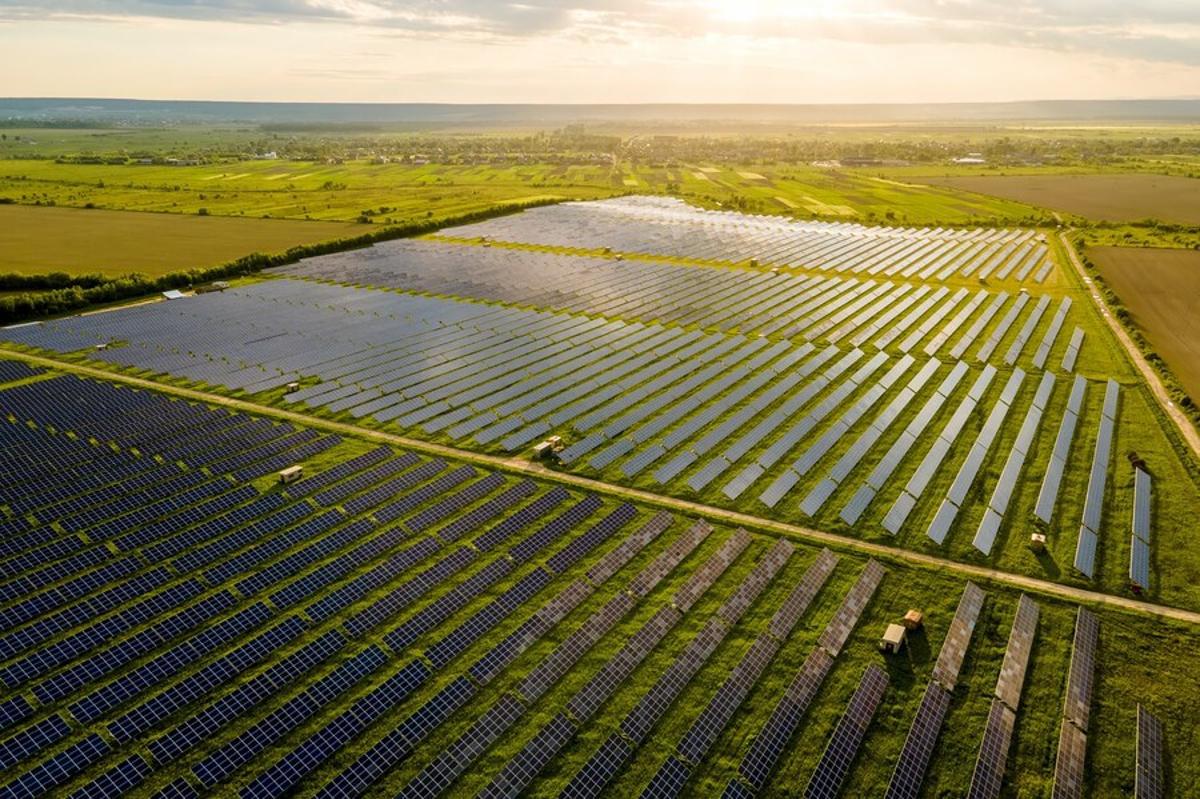
Before diving into the concerns regarding the implementation of solar farms in the UK, it’s first crucial to understand the many benefits of this sustainable energy source.
The sun is both a renewable and inexhaustible energy source, so many say solar panels are as well. Solar energy is completely clean, meaning that it releases no carbon emissions into the air, and very little maintenance is required once the panels have been built.
The Downsides to Solar Energy
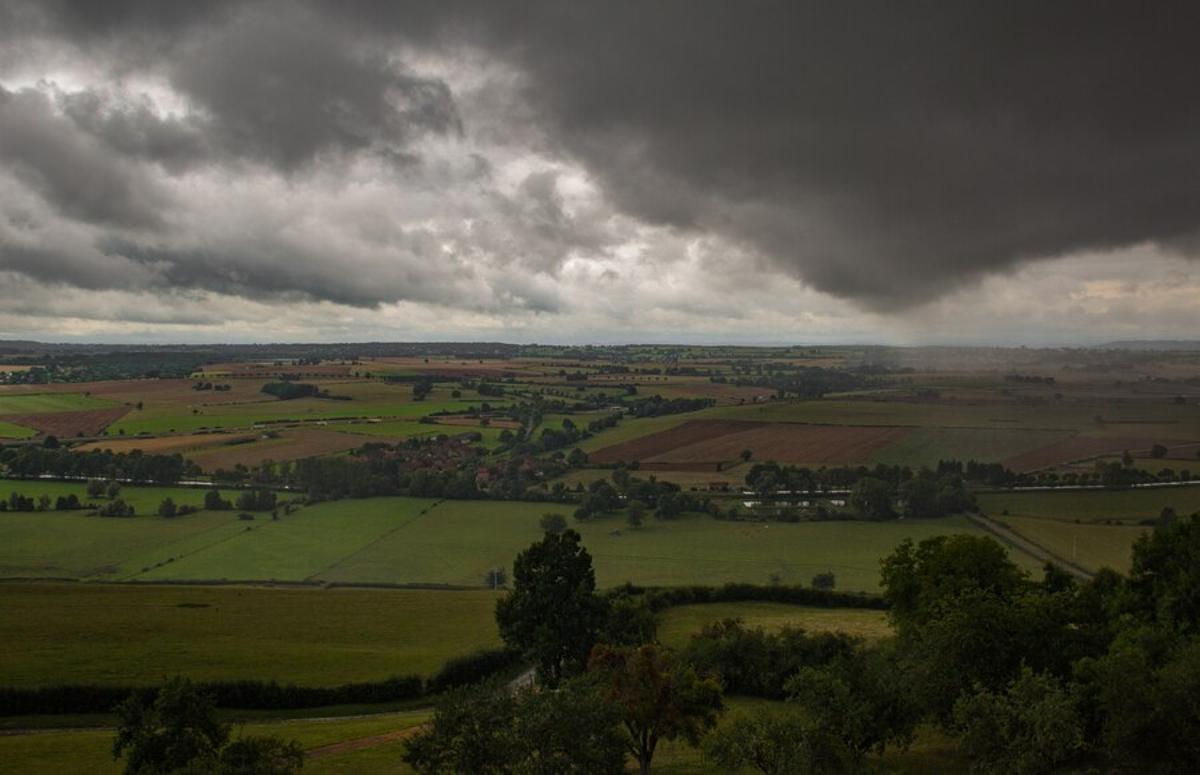
On the other hand, solar energy has several apparent disadvantages. First and foremost, solar farms require an incredible amount of sunshine to produce sufficient energy.
Additionally, when it’s cloudy, raining, snowing, or at night, no solar energy can be collected for use. Not to mention the fact that creating these panels requires substantial minerals from the earth, such as copper and silicon, that are not in abundance everywhere. Last but certainly not least, miles of solar panels are necessary to power even the smallest of towns.
The Big Solar Debate in the UK
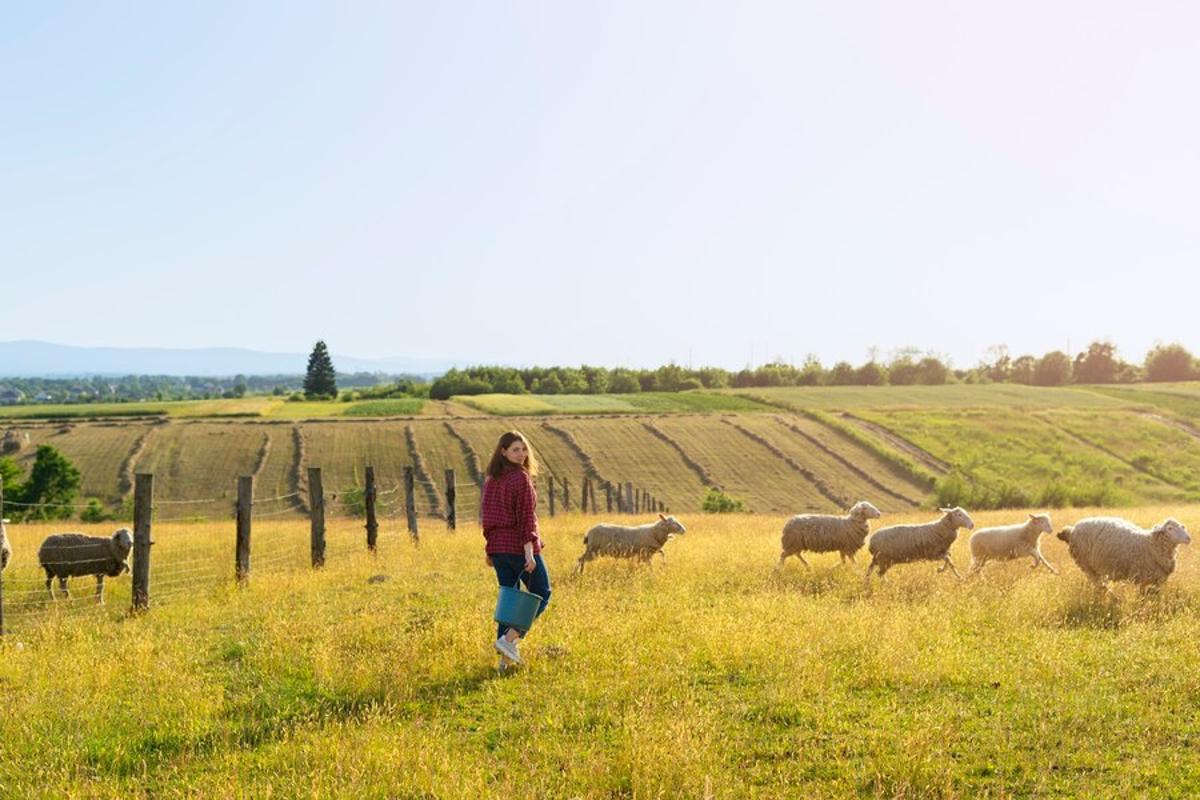
Considering these pros and cons, one can better understand the debate regarding the use of solar energy in the United Kingdom.
While many UK residents and government officials are fighting to turn hundreds of miles of the countryside into solar farms, others argue that too many of the downsides apply specifically to this small, wet farming nation.
The First Problem With Solar Farms in the UK
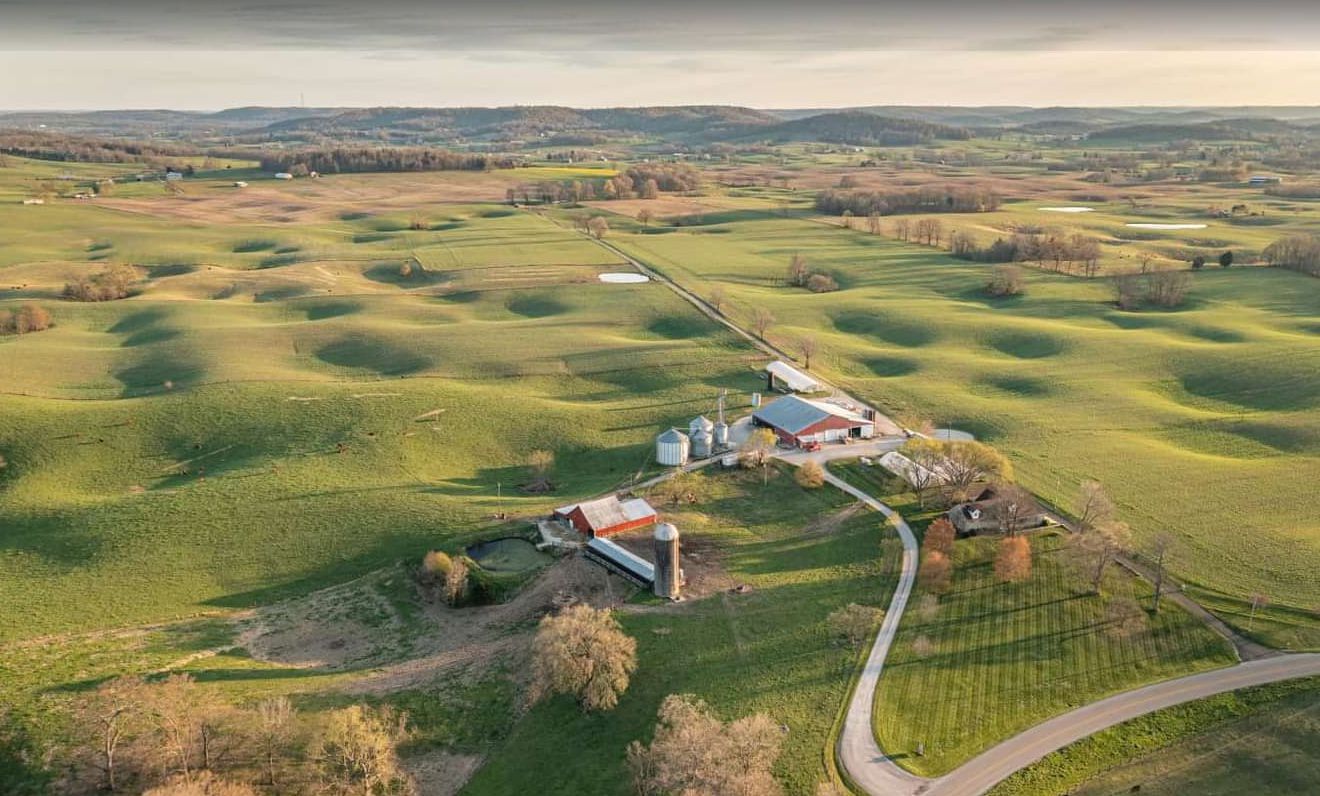
One of the first and most obvious issues with building miles upon miles of solar farms in the UK is that the country doesn’t have enough land available to do so.
The land that it does have is being used by farmers for both produce and livestock. Britain produces more wheat than any other country on Earth, with the exception of New Zealand, as well as providing its own residents with the fresh fruit, vegetables, and meat that they need.
The UK Could Just Import Its Food
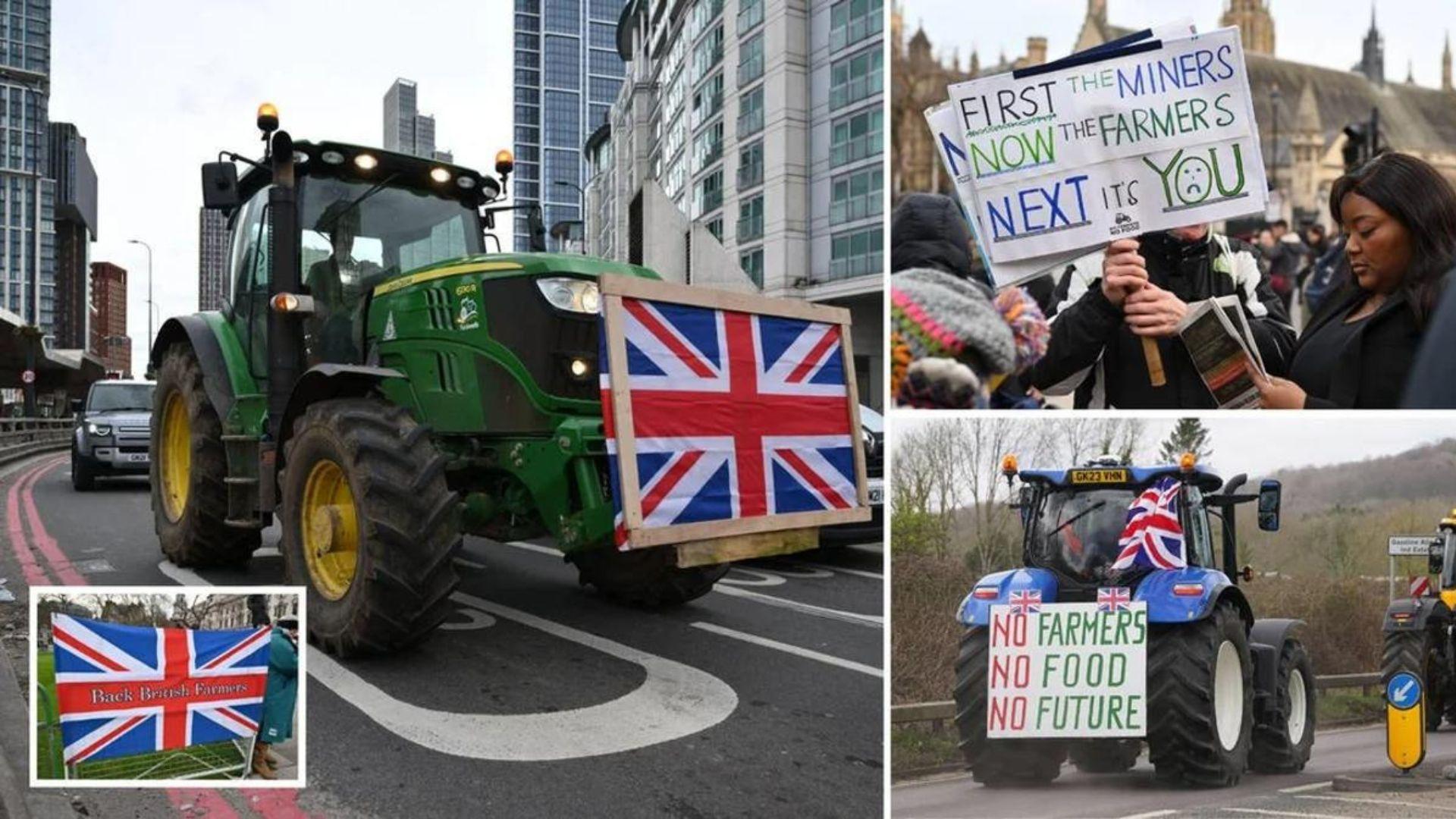
Now, some may argue that the UK could simply import its food from other countries, as sustainable electricity is equally important and impossible to import.
However, stopping or even reducing farming in the United Kingdom would be wildly detrimental to its economy. Not only would thousands of farmers lose their businesses, but imported food would also be far more expensive for the consumer.
There Is Nowhere Near Enough Sun in the UK to Support This Plan
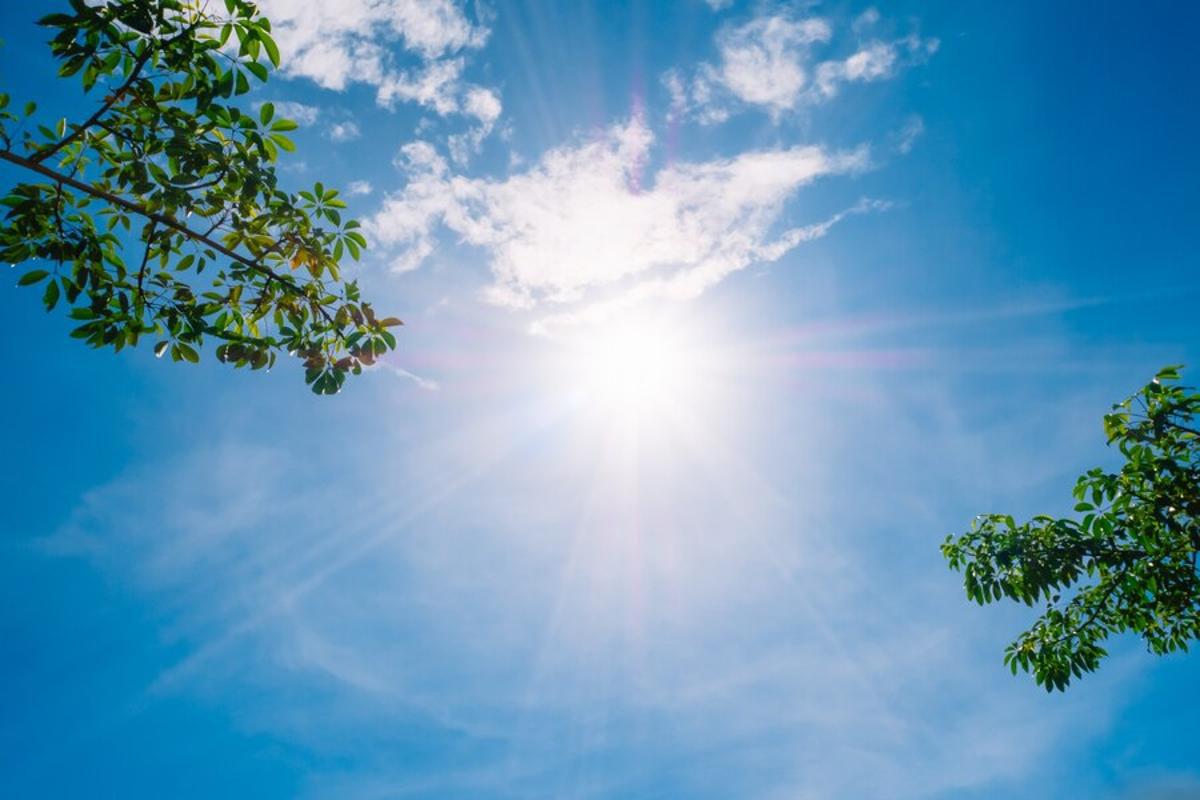
Even if government officials found some way to only use land that was not being farmed, many say that solar energy simply isn’t the right option for the United Kingdom.
And the very simple reason is that there is nowhere near enough sun throughout the day and especially throughout the year to make their solar farms viable. On average, there are only 1-2 kilowatt-hours per day per square mile in the UK that are considered substantially strong enough to create solar energy.
Even After Covering the Country in Solar Farms, the UK Will Still Need Gas
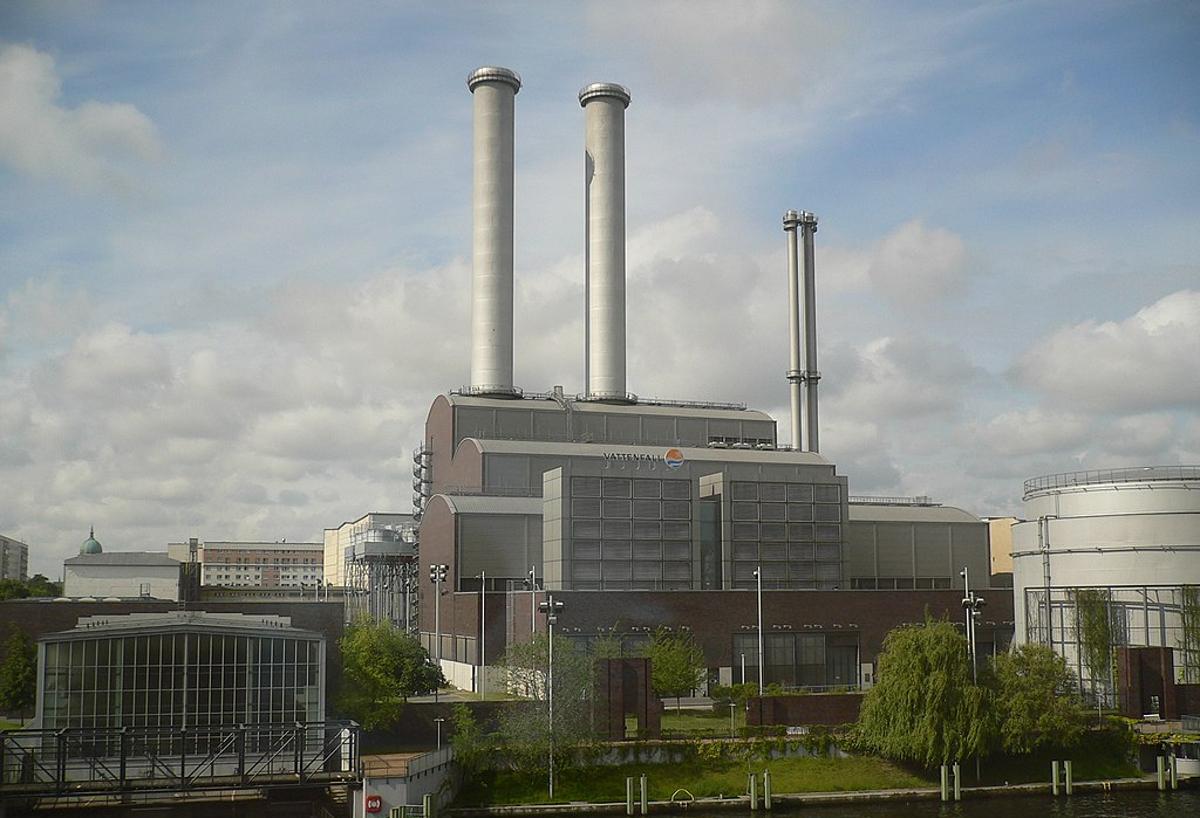
In the summer, the solar farms could possibly support about 5%- 10% of the country’s energy needs, but they would be completely useless in the winter.
It’s also important to understand that it’s irrational to think any country would rely entirely on solar energy; there would always have to be gas electricity prepared as a backup.
In fact, some say that the UK would use almost exactly as much gas as it does now, even after covering the majority of the country with solar panels.
Solar Panels Are Made From Specific Materials
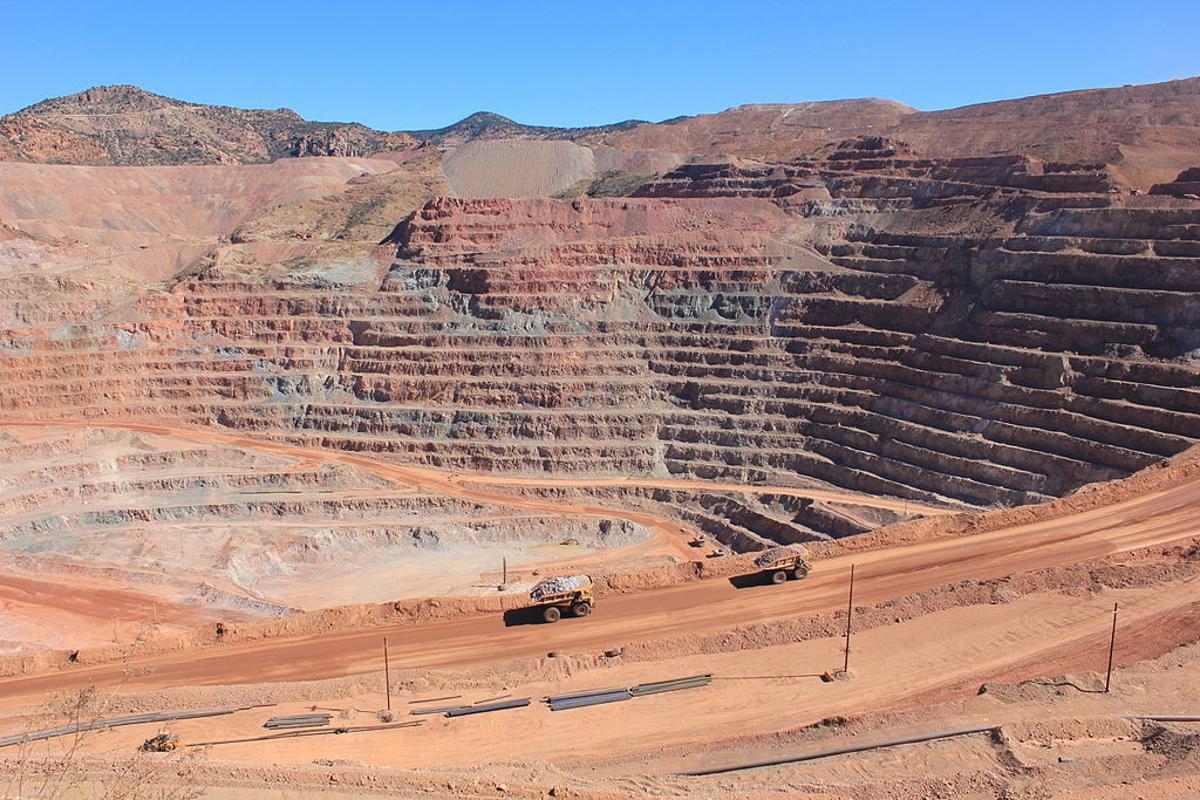
Finally, many have pointed out that solar panels are made from very specific organic materials, including copper, silicon, and silver. To mine these products is time-consuming, expensive, and even elusive as not all countries have access to them.
China is home to many of the mines needed to build the enormous number of solar panels Britain would need to supply its residents with energy. At any point in time, China could refuse to supply the UK with what it needs and essentially shut down the entire energy source.
Some Say Environmentalism Has Become “Irrational”

There is no doubt in anyone’s mind that carbon emissions need to be curtailed as quickly as possible if we hope to save the planet from complete decay. However, how we go about doing so is extremely important.
Since building miles-long solar farms would remove real farms, use almost exactly as much gas, and require extensive mining, many wonder if environmentalists who support this plan haven’t somehow lost touch with reality. As Dr. John Constable of the Renewable Energy Foundation explained, “The fact that some green campaigners would rather have low-grade electricity than high-quality British farm produce shows how bizarrely irrational environmentalism has become.”
UK Resident Tracy Ward Is Vehemently Against the Plan

Environmentalist, actress, and Duchess of Beaufort, Tracy Ward, has also spoken out against the plan to build a 2,000-acre solar farm alongside and even partially on her estate.
She explained, “Solar panels should be on roofs, along motorways, or industrial sites. Be careful what the climate change fear mongering will lull us into accepting.”
Are Solar Farms the Future of Energy?
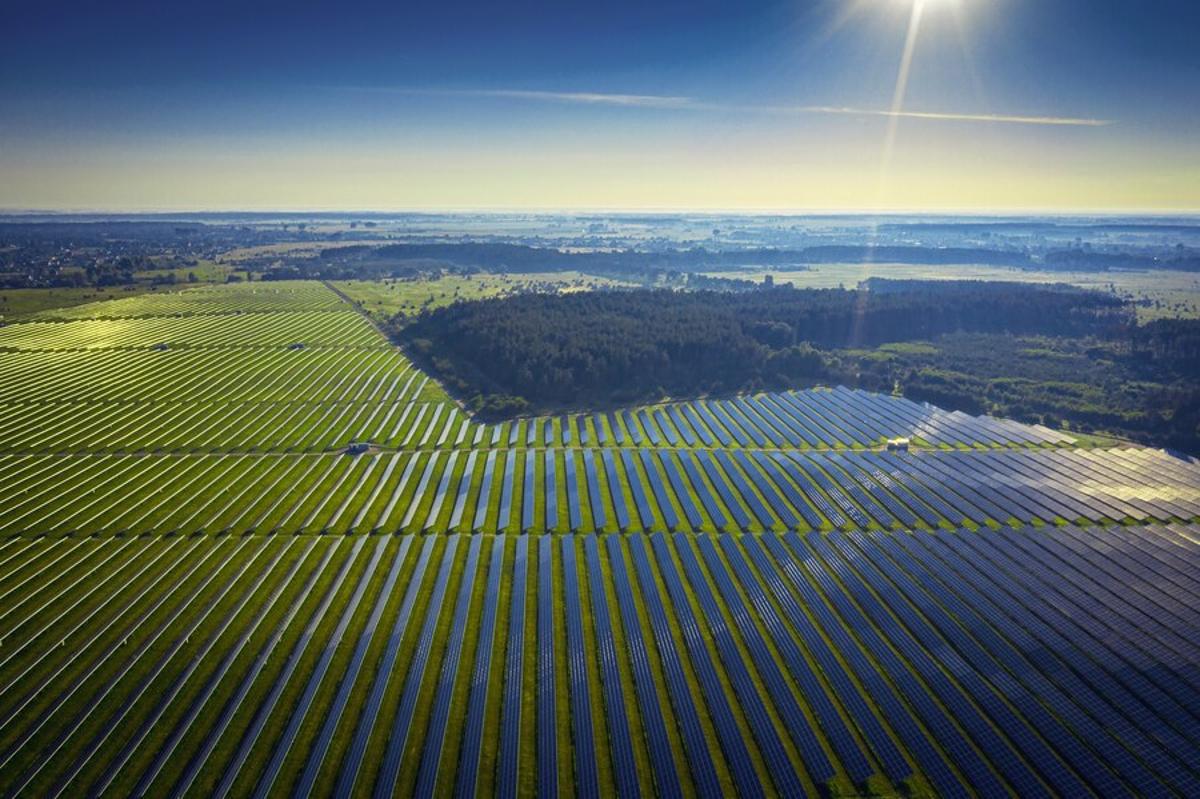
This debate, like every other the modern world is facing, is far from over. There are millions of people who wholeheartedly support the implementation of solar panel farms in the UK and around the world, just as there are millions against it.
Whether or not solar energy is the future of our planet remains to be seen. However, it’s hard to ignore the many deficits it comes with, especially for a nation as small and rainy as Britain.
